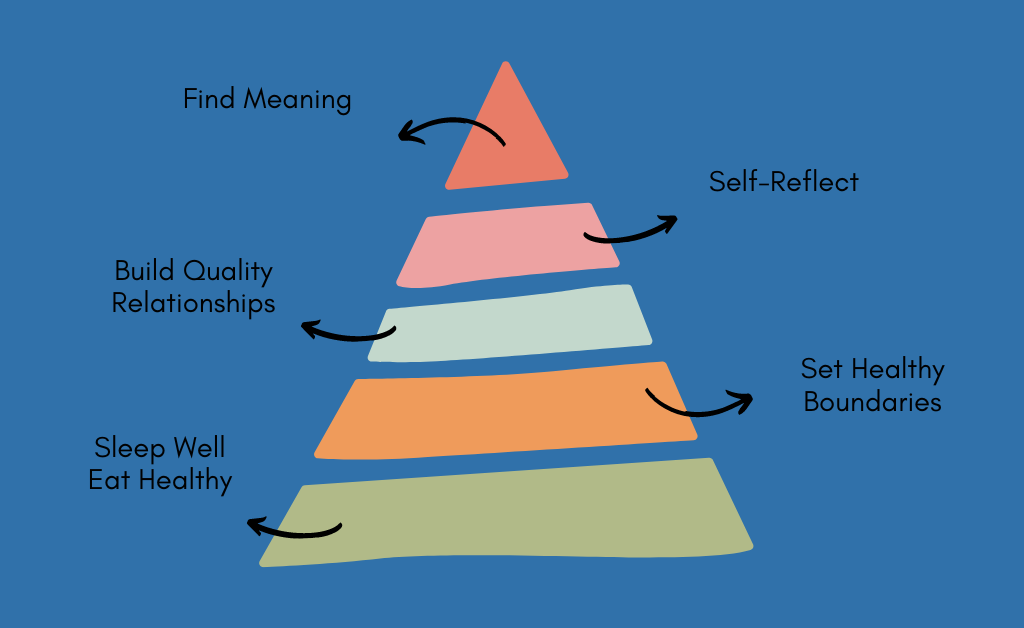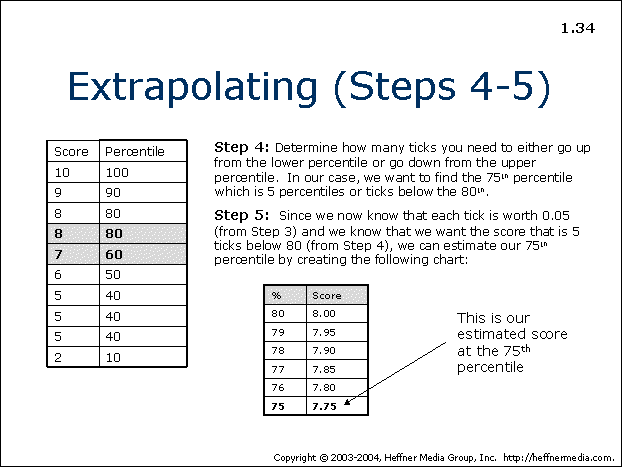Search results for: emotional intelligence
Why You’re Ungrateful
Having trouble getting into the Thanksgiving spirit? No problem, science has some good excuses for why you aren’t feeling very grateful. One of them comes from research published this month in the journal Cognition & Emotion. It turns out that if you’re not grateful, you might be more independent. A team of psychologists from American…
Read MoreThe Psychology of Irony
You might have noticed that it’s really easy to tell when someone is being ironic online. That’s because nonverbal clues, lacking in written communication, are partly what distinguish saying something ironic from saying something absurd and meaning it. A good example of how people always understand written irony is the guy who shares an article…
Read MoreA Psychological Profile of an Abusive Boss
Researchers working to determine whether abusive bosses share certain personality traits have ended up with some unexpected findings. Going into the study, the team of psychologists from University of Cambridge in the UK and Katholieke Universiteit Leuven in Belgium guessed that if abusive supervisors had any personality trait in common, it would likely be low…
Read MoreWhy Social Skills are More Important in a Technology-Driven Workforce
You’ve heard the debate in HR circles, what’s more important analytical skills vs. social or emotional intelligence in the workforce? Answers are hotly debated and can vary not only by industry and job type, but management’s demographics like age, gender and education level tend to also be a factor. But, new research shows the increasing…
Read MoreHistory of Psychology (387 BC to Present)
Timeline of Psychology 387BC: Plato suggested that the brain is the mechanism of mental processes. 335BC: Aristotle suggested that the heart is the mechanism of mental processes. 1774AD: Franz Mesmer detailed his cure for some mental illness, originally called mesmerism and now known as hypnosis. 1793: Philippe Pinel released the first mental patients from confinement…
Read MoreModernizing Maslow’s Hierarchy through the Lens of Self-Care
Abraham Maslow (1908-1970) is one of the founders of Humanistic Psychology. Along with Carl Rogers (1902-1987), Maslow stressed the importance of looking at the whole person rather than reducing individuals to a list of symptoms or diagnoses. Both also placed a central focus on the concept of self-actualization, or the belief that humans possess an…
Read MoreC
Psychology Dictionary — C A B C D E F G H I J K L M N O P Q R S T U V W X Y Z Canonical Correlation A correlational technique used when there are two or more X and two or more Y. (Example: The correlation between (age and sex)…
Read MoreMost People Think They’re Happier Than Average
We sometimes have trouble figuring out how to compare our own experiences with those of other people. That much is obvious from the study I wrote about earlier this week in which people tended to underestimate how similar their emotional reactions would be to those of others. After all, thinking about ourselves in a purely…
Read More3 Differences Between Younger and Older Siblings
Well, here’s the first one: younger siblings are cooler. Just kidding. Despite having a horse in this race, I’ll try to maintain some objectivity and give older siblings a fair shake. In fact, older siblings can be pretty awesome. Still, research on how birth order influences personality and cognition have found that while both older…
Read MoreChapter 3.3 Software Tools of Research
Software Tools of Research The software tools of research are typically more abundant than hardware tools in the social sciences. Software is usually thought of to mean computer programs that tell the hardware what to do, but any tool not related to a physical device can be considered software. Included in this category is statistical…
Read More
